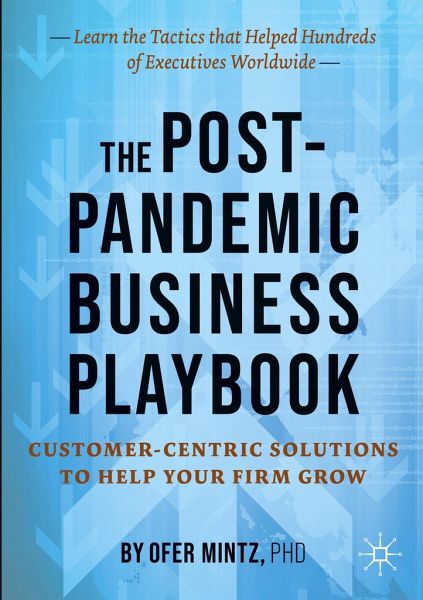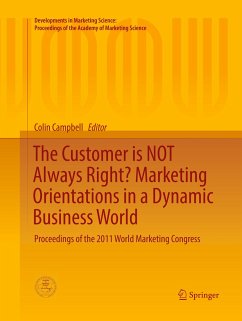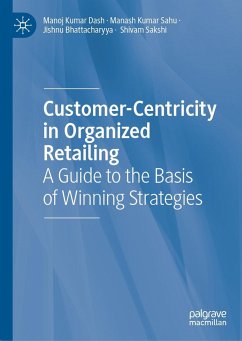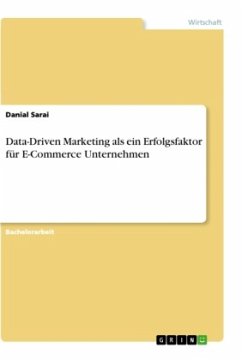
The Post-Pandemic Business Playbook
Customer-Centric Solutions to Help Your Firm Grow
Versandkostenfrei!
Versandfertig in 6-10 Tagen
27,99 €
inkl. MwSt.
Weitere Ausgaben:

PAYBACK Punkte
14 °P sammeln!
COVID-19 forced a dramatic change to customer behavior that resulted in an economic crisis not witnessed by anyone alive. Businesses can no longer operate as before because their customers are no longer operating as before. This book provides customer-centric based guidance for how businesses should adapt to this new reality, deriving insights from academic research, case studies, interviews, and best practice examples from around the world. As validated by hundreds of top-level executives, its readers will gain a better understanding of why customer behavior has changed so they can use the bo...
COVID-19 forced a dramatic change to customer behavior that resulted in an economic crisis not witnessed by anyone alive. Businesses can no longer operate as before because their customers are no longer operating as before. This book provides customer-centric based guidance for how businesses should adapt to this new reality, deriving insights from academic research, case studies, interviews, and best practice examples from around the world. As validated by hundreds of top-level executives, its readers will gain a better understanding of why customer behavior has changed so they can use the book's solutions to navigate through and succeed in the post COVID-19 future.














